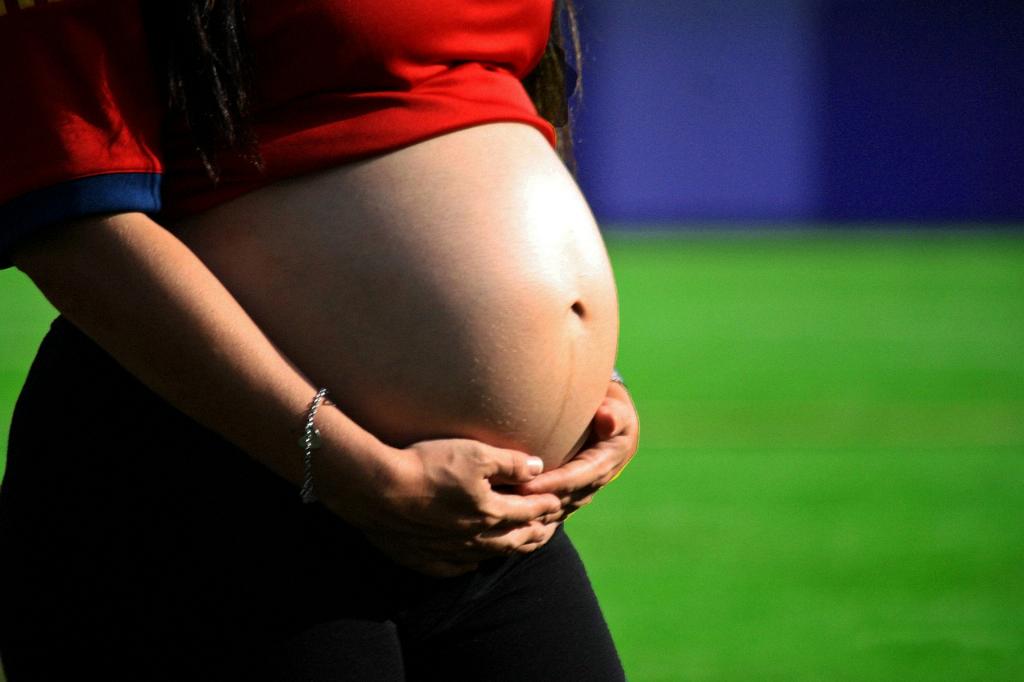When it comes to the question of whether a baby can survive an ectopic pregnancy, it is crucial to understand the nature of ectopic pregnancies and the concept of viability. An ectopic pregnancy occurs when a fertilized egg implants itself outside of the uterus, most commonly in the fallopian tube. This poses a serious health risk to the pregnant person and requires immediate medical intervention.
The Viability Factor
In the context of pregnancy, viability refers to the ability of a fetus to survive outside the womb. In the case of an ectopic pregnancy, the fertilized egg is unable to develop into a viable fetus. This is due to the fact that the embryo cannot grow and develop properly outside of the uterus, which is the organ designed to support a developing pregnancy.
The Risk to the Pregnant Person
One of the primary concerns with an ectopic pregnancy is the risk it poses to the pregnant person. If left untreated, an ectopic pregnancy can lead to serious complications, including internal bleeding and rupture of the fallopian tube. These complications can be life-threatening and require prompt medical attention.
Necessity of Medical Intervention
Given the risks associated with ectopic pregnancies, it is crucial for medical professionals to intervene early to prevent complications. In most cases, treatment for an ectopic pregnancy involves medication or surgery to remove the pregnancy tissue and ensure the safety of the pregnant person.
Pregnancy Loss in Ectopic Pregnancies
Unfortunately, in the case of an ectopic pregnancy, the fertilized egg is not viable and cannot develop into a baby. This means that the pregnancy will ultimately result in a loss, as the embryo is unable to survive and grow into a healthy fetus.
Emotional Impact of Ectopic Pregnancies
Experiencing an ectopic pregnancy can be emotionally challenging for individuals and couples. The loss of a pregnancy, coupled with the potential health risks involved, can take a toll on mental and emotional well-being. It is important for those affected by ectopic pregnancies to seek support and care during this difficult time.
Fertility Considerations
After experiencing an ectopic pregnancy, some individuals may have concerns about their fertility and future pregnancies. While ectopic pregnancies can impact fertility, many people are able to conceive and carry a healthy pregnancy after receiving proper medical care and support.
Importance of Early Detection
Early detection of an ectopic pregnancy is vital in preventing complications and protecting the health of the pregnant person. Recognizing the symptoms of an ectopic pregnancy, such as abdominal pain and vaginal bleeding, and seeking prompt medical attention can make a significant difference in the outcome.
Support and Resources
For individuals and couples who have experienced an ectopic pregnancy, it is essential to access support and resources to cope with the physical and emotional impact of the loss. Counseling, support groups, and educational materials can provide valuable assistance during the recovery process.
Medical Advancements and Research
Ongoing medical advancements and research in the field of reproductive health continue to improve the diagnosis and treatment of ectopic pregnancies. Through clinical trials and innovative approaches, healthcare professionals strive to enhance outcomes for individuals affected by ectopic pregnancies.
Conclusion
In conclusion, the question of whether a baby can survive an ectopic pregnancy is answered by the understanding that an ectopic pregnancy does not result in a viable fetus. The primary focus in cases of ectopic pregnancies is on ensuring the health and safety of the pregnant person through prompt medical intervention. While the loss of an ectopic pregnancy can be emotionally challenging, access to support and resources can aid in the healing process and offer hope for the future.

